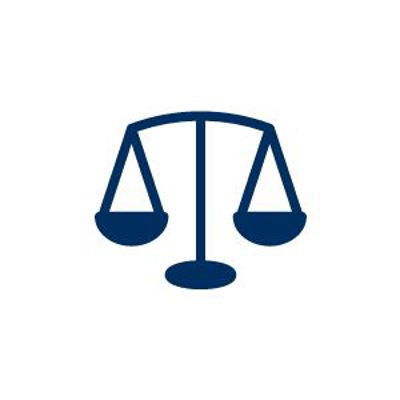Criminal procedure reforms - impact on statements
Criminal procedure reforms, following the implementation of Lord Carloway review recommendations, will impact on solicitors advising clients accused of a criminal offence.
Section 261ZA of the Criminal Procedure (Scotland) Act 1995 came into force on 25 January 2018 along with the changes to suspects’ rights on interview and to legal advice. This section concerns the admissibility of statements made by the accused in the course of police or other official questioning (eg by customs officers) whether as a suspect or not.
It now removes any distinction and evidential complexity in relation to statements that are made by the accused, irrespective of whether they are incriminatory, exculpatory or mixed (containing elements of both). Such statements will still be subject to the usual tests as to having been fairly obtained.
If you have any queries please contact Gillian Mawdsley in the Law Society’s policy team gillianmawdsley@lawscot.org.uk

